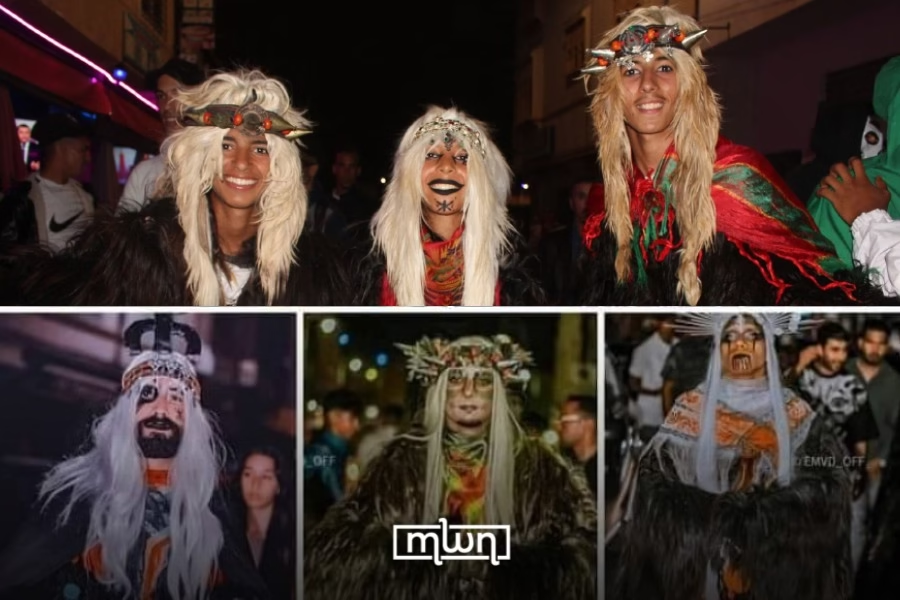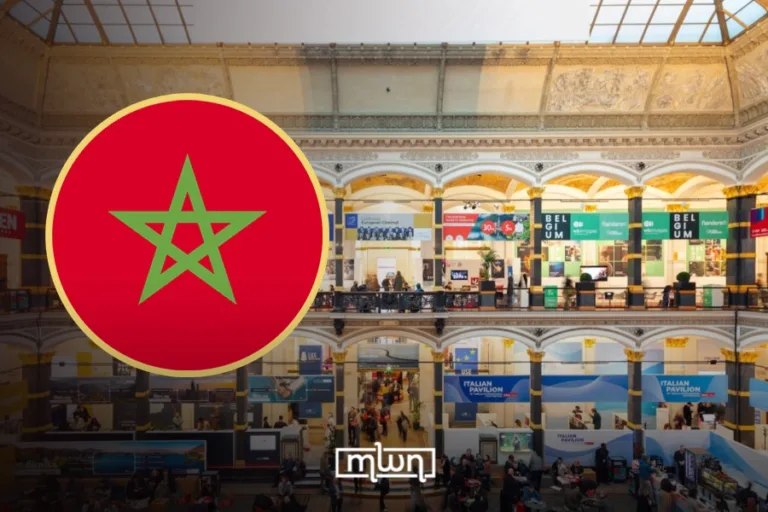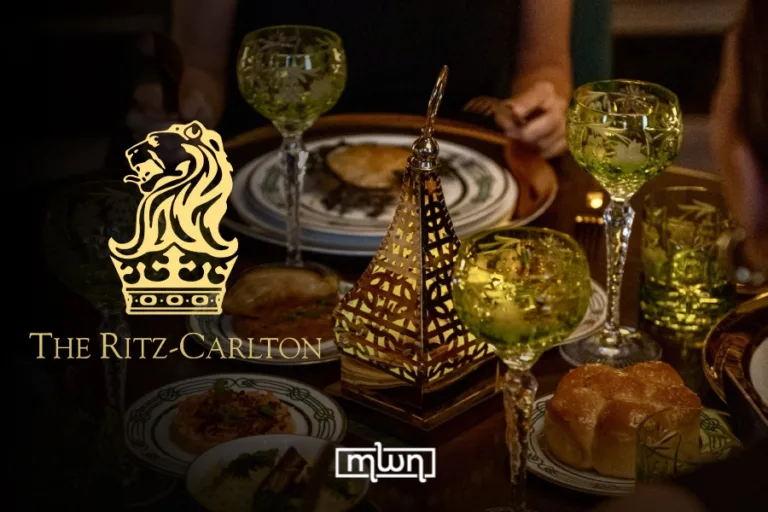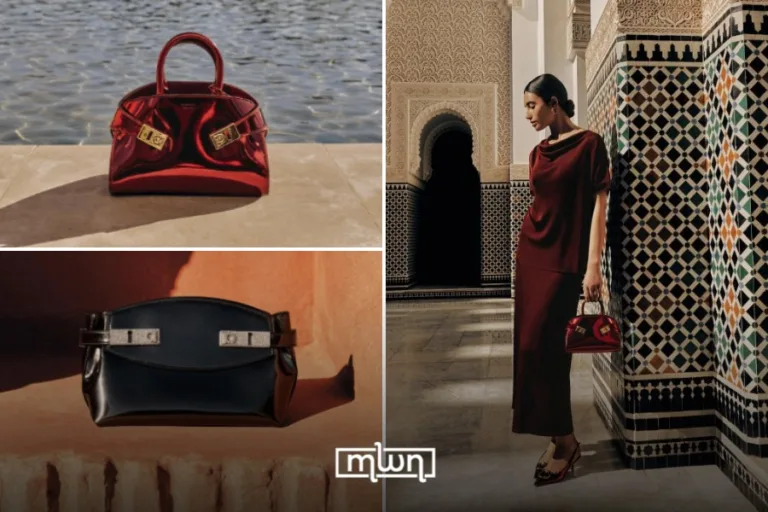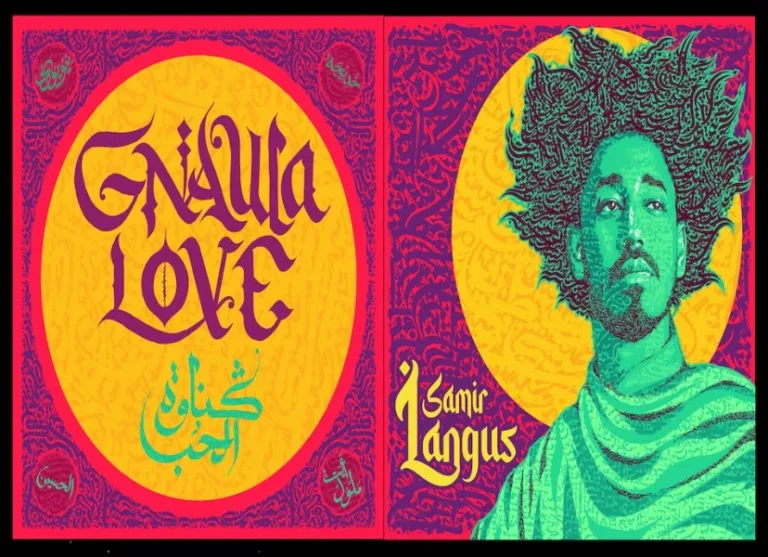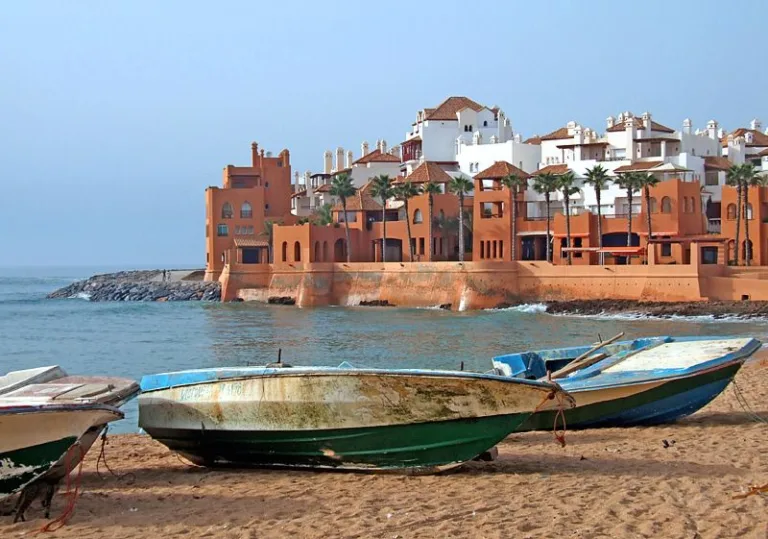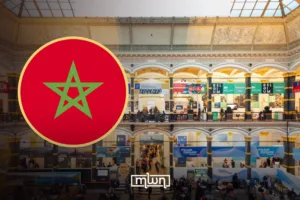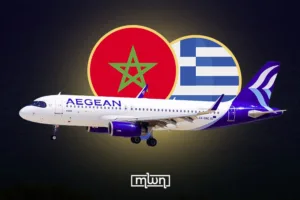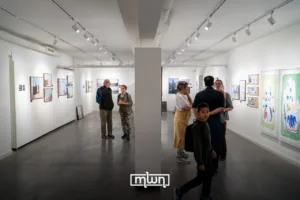Every Eid Al Adha, Morocco’s Boujloud festival revives a centuries-old Amazigh tradition
Fez– The “Boujloud” carnival in Morocco, an old Amazigh tradition celebrated around Eid al-Adha, continues to stir up debate, dividing opinion between those resisting changes brought by younger generations and others embracing these shifts as part of a living, evolving heritage.
Held mainly in southern Morocco, this centuries-old festival attracts thousands of locals and curious tourists alike, eager to experience the unique cultural spectacle.
During Boujloud, young people don the skins of sacrificial animals and roam the streets, creating a lively atmosphere filled with music, dance, and communal joy.
At its core, Boujloud is about more than just costumes. Participants parade through neighborhoods, beating the rhythm of traditional songs while playfully tapping passersby with goat or sheep legs, gathering gifts and money as part of the celebration.
It’s a festive ritual meant to spread happiness in the days following Eid.
However, on social media, reactions have been mixed. Some criticize recent transformations, like the addition of theatrical makeup and fancy costumes, arguing these changes distort the original cultural meaning. Some people describe it as a distortion and an offense to Amazigh heritage.
Conversely, supporters applaud the fresh energy these updates bring. They see them as a way to shine a national spotlight on Boujloud, helping to elevate Amazigh culture on a larger scale.
Some social media users proudly called for an international Boujloud festival in Agadir to celebrate and preserve this tradition.
The controversy even reached Morocco’s Parliament. MP Hassan Omribat sent a formal inquiry to the Ministries of Interior and Culture, questioning the growing disorder linked to Boujloud festivities.
Omribat pointed out that while Boujloud has been a part of Eid celebrations for generations, recent events have sometimes slipped into chaos, with poorly organized participation and confusion among residents.
He pressed for clearer regulations to manage the carnival’s organization and maintain public safety while respecting the tradition’s roots.
On the ground, Amazigh activists reject criticisms aimed at the festival, emphasizing its importance as a communal celebration and cultural treasure.
According to Sky News Arabia, Adel Adasco, coordinator of the Amazigh youth organization Tamsna, that dismissing Boujloud undermines efforts to preserve a rich heritage.
Adasco stressed that Boujloud originated centuries ago in rural areas of the Sous region and serves as a cultural booster, especially for children and local communities.
The festival’s growing popularity, he said, reflects the rising visibility and pride in Amazigh culture, an essential part of Morocco’s history and identity.
He urged authorities to better support and guide participants to ensure Boujloud remains a safe, joyous tradition passed down to future generations.
In essence, the Boujloud carnival is a lively testament to Morocco’s Amazigh roots, balancing between preservation and evolution, tradition and modern expression.
The ongoing debate shows how cultural heritage can thrive when it embraces respectful innovation while honoring its origins.
Read also: What Really Happened at the 2025 Tony Awards

